Reflections by Maxie Dunnam

Have you ever stopped to think how many important things in scripture take place in a garden? It all began in the Garden of Eden. Adam and Eve rebelled; through self-will they alienated themselves from the love of God.
It was in the garden of Gethsemane that Jesus fought the greatest battle of his life.
We have just celebrated Easter; it happened in a garden. Remember a part of the story. Mary was in that garden. She had come to that place, anxious and grieving. Her dreams and that of the small group of followers of Jesus–the dreams for a Messiah– were shattered in that garden.To intensify all those feelings of pain and despair, insult was added to injury. They discovered that the stone had been rolled away from the tomb, and the body of Jesus had been taken away. The disciples who were with Mary at the tomb that early morning had gone back home to nurse their pain and depression.
Mary lingered in in the garden, outside the tomb. Weeping and not knowing what to do, she took another look into the tomb. And there, on the stone, where the body of Jesus had been laying, were seated angels who asked, “Woman, why are you weeping?”
Can you feel the pain in her response? What pathos! “They have taken away my Lord, and I do not know where they have laid Him.”
And then it happened. She turned around and there was Jesus. At first she didn’t recognize him when he asked, , “Woman, why are you weeping; whom are you seeking?”
We have celebrated Easter, but let’s not move away too quickly. Let’s focus on some learnings for us from Mary. First, she didn’t recognize Jesus for a very simple reason: her tears.
She was crying so much that she was blinded. It happens to us, doesn’t it? Our tears often blind us to what’s going on around us. We miss the lessons life is trying to teach us because we are so preoccupied with our own pain and grief, our disappointment and defeat.
Sometimes our tears are selfish. We center on our loss. We don’t put our situation in perspective. How often do we do this at the death of a loved one. Our loneliness and loss is intense. We weep for ourselves, not for the loved one who has gone to be the eternal guest of God. We can be blinded by our tears.
But there’s another reason why Mary did not recognize Jesus: She was facing in the wrong direction. Not just her eyes, but her mind was on the tomb.
We fall into that snare? We focus on our defeat and loss. Easter calls us to look in the direction of new life, and new possibility.
Memory is such a valuable tool. Often, when I am having difficulty sleeping, in my mind I will sing a favroite hymn, or quote scripture. Recently, I was focusing on the 23rd Psalm and came to the finale which grabbed me more powerfully than ever, Surely goodness and mercy will follow me all the days of my life, and I will dwell in the house of the Lord forever.
Thank you, Lord, for memory. The poet said God gave us memory that we might have roses in December. We don’t have to leave Easter behind. Sure, we have some painful memories, and we need to deal with them. But we can do so with the overarching promise of the Psalmist, Surely goodness and mercy will follow me all the days of my life, and I will dwell in the house of the Lord forever.
We don’t have to be blinded by our tears. An ongoing Easter-life calls us to look in the direction of new life, and new possibility.
-Maxie Dunnam



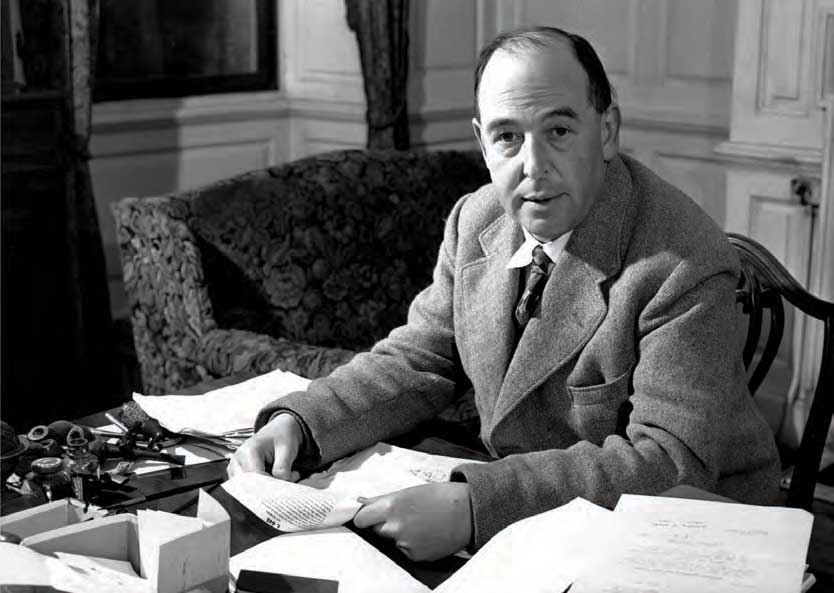

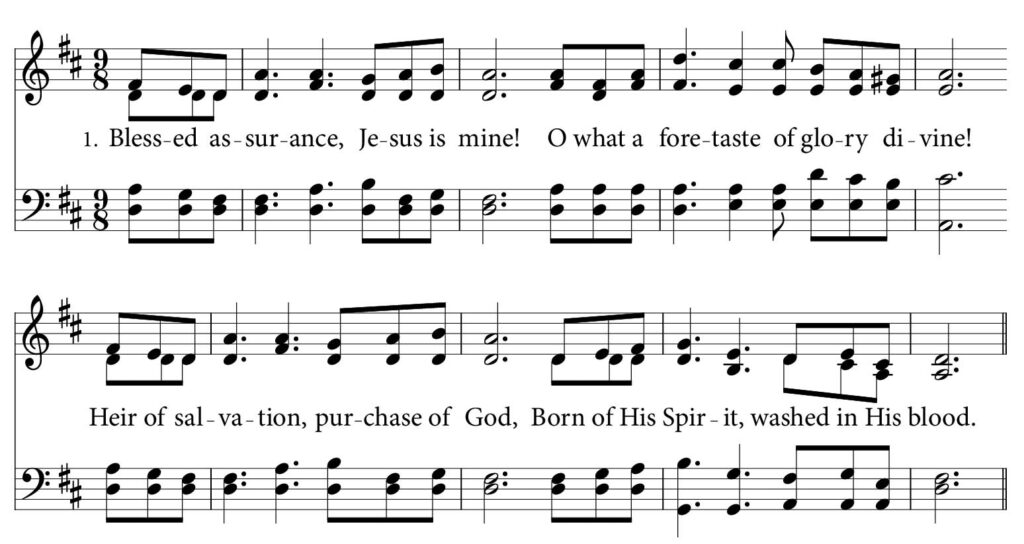
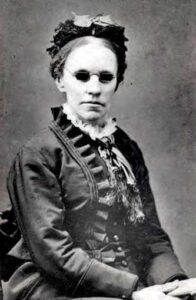


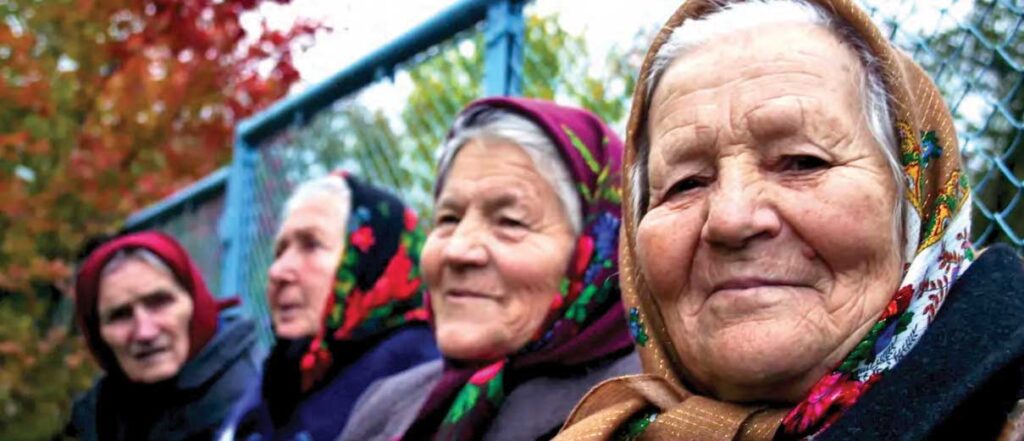



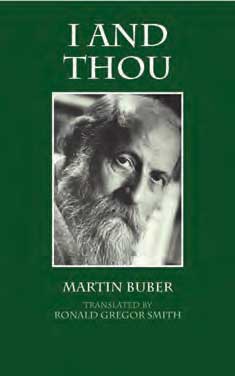



 © 2025 Kirby Pines LifeCare Community. All Rights Reserved |
© 2025 Kirby Pines LifeCare Community. All Rights Reserved | 